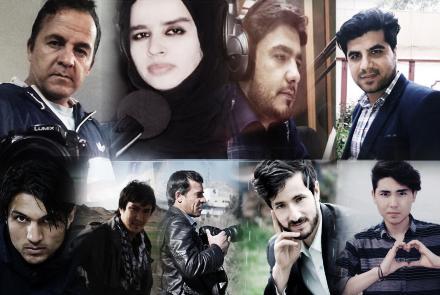On this day on April 30, 2018, at least 10 Afghan journalists, including TOLOnews cameraman Yar Mohammad Tokhi, lost their lives in a deadly bombing in Kabul.
The journalists were there to cover a first blast near the heavily-fortified Shash Darah area in Kabul when the second explosion happened. The first explosion happened close to a National Directorate of Security (NDS) office in Kabul at about 8am. The second explosion happened about half an hour later.
TOLOnews cameraman Tokhi had been covering an earlier explosion when a suicide bomber, thought to have been posing as a journalist, detonated his explosives while standing among reporters.
After Tokhi, TOLOnews lost two of its journalists last September. Meanwhile, in January 2016, a suicide bombing took the lives of seven TOLOnews staff members.
Tokhi, 54, had worked for TOLO TV and TOLOnews for 12 years.
He has left behind his ailing mother and his unmarried sister who has cancer. The family is living in a rented house in Darul Aman are in Kabul.
Tokhi was the only breadwinner in his family and according to his relatives, he spent a large part of his salary every month on medication and doctor’s bills for both his mother and his sister.
Tokhi’s mother, Nafas Gul, said she has not forgotten the loss of his son who was about to get married.
Nafas Gul said she remembers her son by watering the flowers which were brought home by Tokhi. Ebadullah Hananzai, a Radio Azadi reporter, also lost his life on this day a year ago.
His father, Attaullah Hananzai, said they have not forgotten the loss of their son so far.
Members of the organizations supporting Journalists rights said they remain concerned about the threats against journalists and media workers in Afghanistan.
National Security Advisor Hamdullah Mohib, at a ceremony on the first death anniversary of the journalists, said the Afghan government remains committed to ensuring the safety of journalists and media workers in the country.
The US Special Representative Zalmay Khalilzad in a tweet said that he solutes the Afghan journalists’ sacrifice.
“They gave their lives to ensure history was captured and truth was told. We salute their sacrifice,” Khalilzad said. “We purse peace so vital democratic values and institutions like free press grow only stronger.”
April 10, 2018, blast victims are as follows:
1. Yar Mohammad Tokhi – TOLOnews Cameraman
Yar Mohammad Tokhi is one of nine journalists who lost their lives in Monday’s explosion. Tokhi was 54 years old and was the only breadwinner in his family. He was engaged and due to be married within a month. Tokhi and his fiancé had been wedding shopping over the past few days. But Daesh ended his dreams on Monday.
Tokhi had worked for TOLO TV and TOLOnews for 12 years. He is survived by his ailing mother and his sister, who has cancer.
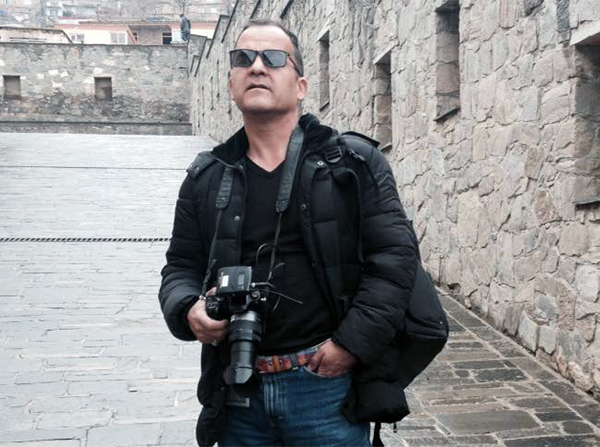
2. Shah Marai – AFP Photographer
Shah Marai Faizi was AFP’s chief photographer in their Kabul bureau. Marai joined AFP as a driver in 1996, the year the Taliban seized power, and in 2002 he became a full-time photo stringer, rising through the ranks to become chief photographer in the bureau.
Marai was the only breadwinner in his fifteen-member family. He has two blind brothers who have been left devastated by his sudden death.
He leaves behind six children, including a newborn daughter, AFP said.
"This is a devastating blow for the brave staff of our close-knit Kabul bureau and the entire agency," said AFP Global News Director Michele Leridon.
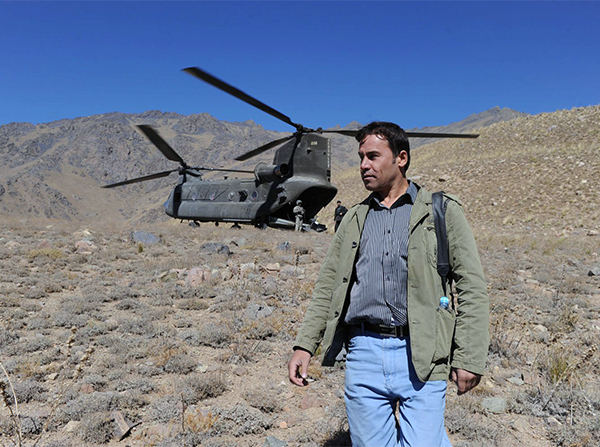
3. Ghazi Rasooli – 1TV Journalist
Ghazi Rasooli joined 1TV four years ago as a journalist and was studying journalism at Kabul University. His was in his final year and was hoping to graduate this year.
Rasooli, 21, was engaged and he was expected to marry next month.
On Monday morning, when a suicide bomber detonated his explosives near an National Directorate of Security (NDS) office in Kabul city, Rasooli was tasked to cover the incident.
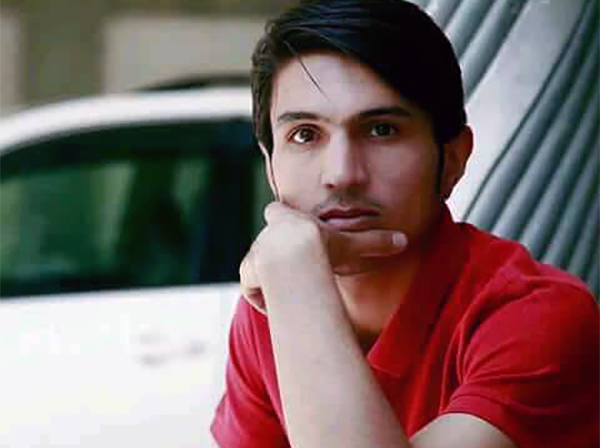
4. Nawroz Ali Rajabi – 1TV Cameraman
Nowroz Ali Rajabi, 1TV cameraman, joined the news channel two years ago.
Rajabi was the only breadwinner in his family. He has left behind a three-month-old baby, elderly parents and his wife.
Rajabi had also been at the scene of the explosion to cover the first incident.
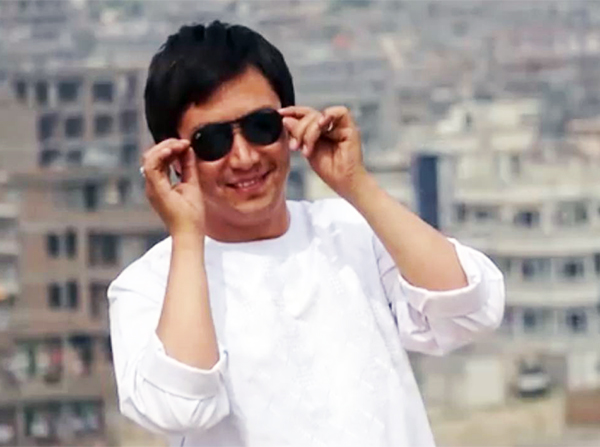
5. Frishta Mahram Durani – Azadi Radio
Farishta Mahram Durani was a journalist for Azadi Radio in Kabul. She had been saving up to pay for university. Durani was hired recently as the producer of the “Woman” program for the radio station. Durani had worked as a news anchor with several media outlets in Afghanistan.
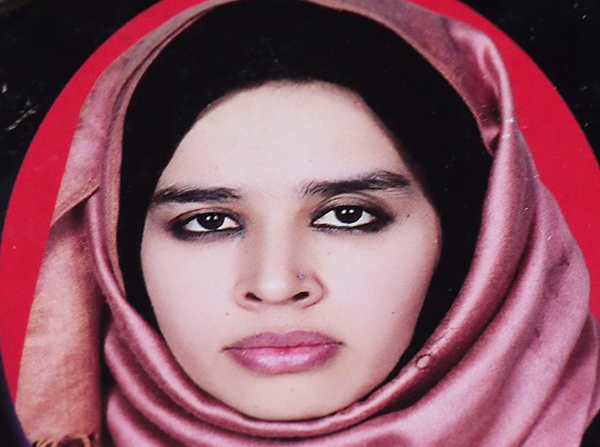
6. Sabawoon Kakar – Azadi Radio
Sabawon Kakar was another journalist from Azadi Radio who lost his life in the attack. Kakar was covering the aftermath of the first blast when the second explosion rocked the city. Kakar is survived by his wife and a child.
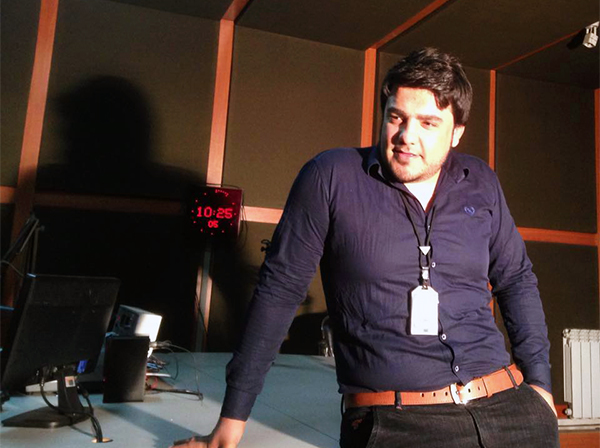
7. Ebadullah Hananzai – Azadi Radio
Ebadullah Hananzai was another Azadi Radio journalist killed in the explosion. Hananzai married only one year ago. He was also the only breadwinner in his family. Hananzai was also the producer of Karwan-e-Zahr (the Poison Convoy) which covered issues related to drug cultivation and production in Afghanistan.
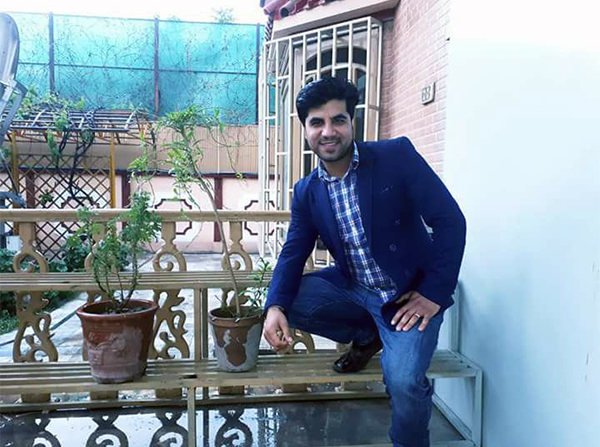
8. Saleem Talash – Mashal TV
Talash joined Mashal TV two years ago as a reporter and was based in Kabul city.
He was engaged a month ago and was supposed to marry soon.
Talash was also at the scene of the explosion to cover the earlier blast. Just moments before the second explosion, Talash sent a text message to friends warning them against using the road close to the scene. It was minutes later, during rush hour, that the suicide bomber detonated his explosives.
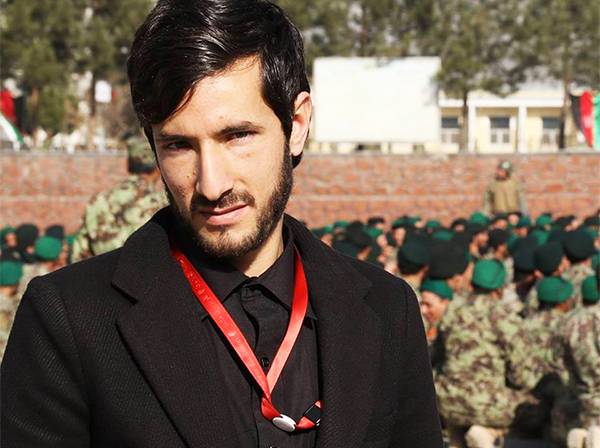
9. Ali Saleemi – Mashal TV
Ali Saleemi joined Mashsal TV only a week ago and lost his life on Monday morning while accompanying Talash.
He had been assigned to cover the incident along with Talash when the explosion happened.
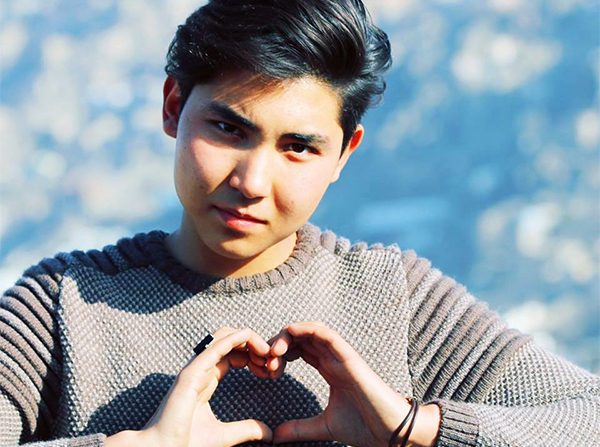
10. Ahmad Shah --BBC Journalist Shot Dead In Khost
Ahmad Shah, a BBC Pashto reporter, became the 10th journalist to die on Monday when he was shot dead in Khost province.
The incident happened at about 4pm local time, Khost officials confirmed.
Journalists in Khost province said he was shot by unknown armed men who were riding a motorcycle.
Ahmad Shah joined BBC a year ago and was based in Khost province.
Gunmen on Monday shot him in Kotkai area, a region near Khost city.
This also comes just six days after another journalist, Abdul Manan Arghand, was gunned down in Kandahar – also by men on a motorcycle.

This comes after the index on press freedom released by Reporters Without Borders (RSF) on April 17 shows that the situation of media in Afghanistan has “worsened” as it has descended to 121 from 118 where it stood last year.
The organization has mentioned insecurity as one of the main reasons for an increase in violence against journalists in Afghanistan.
According to RSF, three journalists have been killed in Afghanistan this year.
The RSF says that for Afghanistan’s journalists, 2018 was the deadliest year since the fall of the Taliban regime in 2001.
A total of 15 journalists and media workers were killed in a series of bombings that began early in the year, nine of them in a single day, the RSF says in a report on its website.
Many others were constantly threatened by the various parties to the conflict. The war imposed by the Taliban and Daesh and constant abuses by warlords and corrupt political officials constitutes a permanent threat to journalists, the media and press freedom in Afghanistan.
According to RSF, Women journalists are a favorite target and are especially vulnerable in those regions where fundamentalist propaganda is heeded.
The concern is growing that basic freedoms, including press freedom, could be sacrificed in the course of the international efforts to restore peace in Afghanistan, the RSF says, adding that in response to this threat, the RSF-backed Centre for the Protection of Afghan Women Journalists has launched several campaigns for the protection of the rights of women journalists as a precondition for peace.
The experience of the past 17 years confirms that peace and security are what the Afghan people want most, but they cannot be achieved and guaranteed without free and independent media and without guarantees for journalists’ safety, RSF said in its report.

